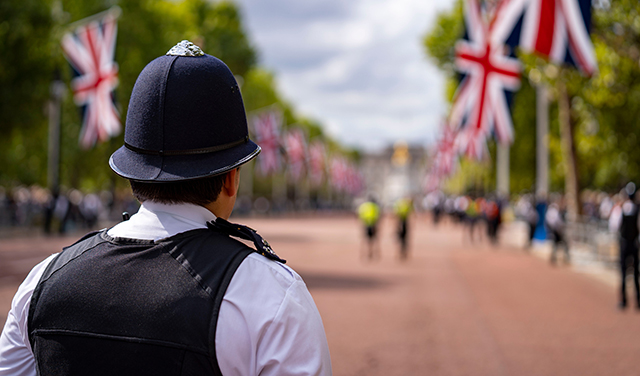News
-

Pay freeze for officers a hard pill to swallow
The National Police Chiefs' Council has responded to the Government's confirmation of a pay freeze for police officers.
-
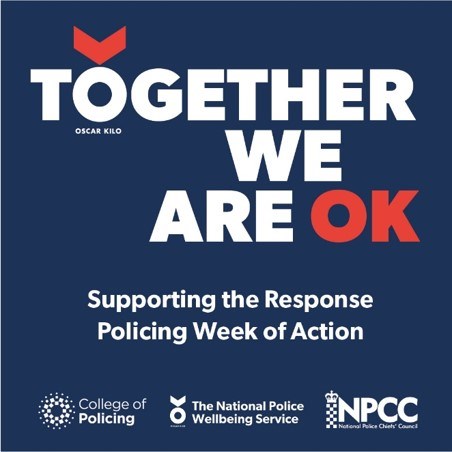
NPCC announces inaugural Response Policing Wellbeing & Recognition ‘Week of Action’
An initiative by the National Police Chiefs’ Council Response Policing portfolio to recognise and celebrate the work of response police officers launches today, Monday 15 March.
-

NPCC responds to news that officers will not be prioritised in vaccine rollout
The Joint Committee on Vaccination and Immunisation has today published its interim advice for phase 2 of the COVID-19 vaccination programme.
-

Action to address findings of first employee-led assessment of workplace culture
Analysis of a survey of more than 34,000 police officers and staff found evidence of inclusive teams and endorsement of efforts to tackle bias, as well as a need to address concerns about career progression and derogatory comments.
-

Update on national Crime Trends, and Fixed Penalty Notices issued under Covid Regulations
Provisional data from police forces in England and Wales shows police recorded crime is twelve per cent lower than in the same period as 2019. Fixed Penalty Notices (FPNs) given to the public for breaches of Coronavirus Regulations rose as national restrictions were implemented in England.
-
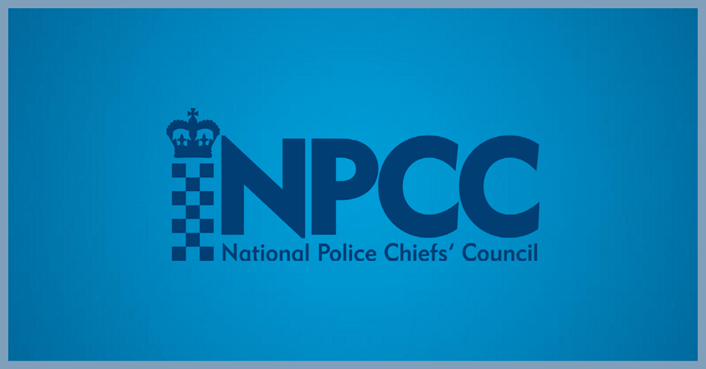
Officers and staff recognised in Queen's New Year's Honours List
Police officers, staff and volunteers from forces across the country have been recognised in the Queen’s New Year’s Honours List.
-

Police chiefs welcome funding for more officers, but warn of difficult decisions for forces
The Government has announced its funding decisions for the next financial year as part of its spending review, which sees the service receive money to help forces recruit more officers.
-

Response to Prime Minister's Covid-19 update
The Prime Minister has announced a series of new measures as part of the government’s response to coronavirus.
-
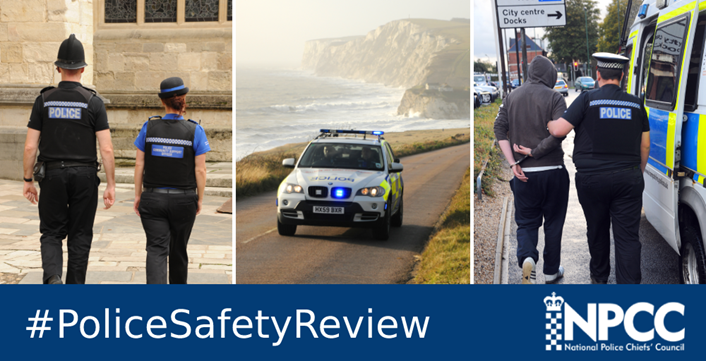
NPCC and College of Policing pledge to improve officer and staff safety following largest ever survey of police workforce
Officer safety training to be overhauled and every police chief to review the equipment available to the frontline, following the findings of a review and safety survey commissioned by the NPCC and College of Policing last year.
-

Chief Constables welcome police pay increase
The National Police Chiefs’ Council has welcomed the government’s announcement of a 2.5% pay rise for police officers.
-

COVID-19 and recruitment assessment centres update
Recruiting new officers remains a priority for policing, and it has been agreed nationally that the continuation of assessment centres is essential activity.
-
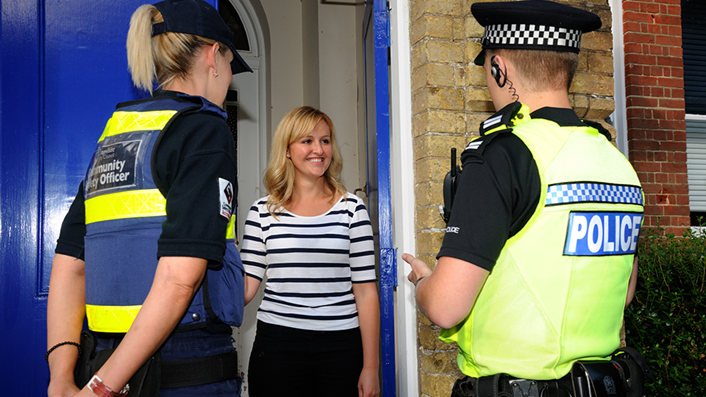
Government announces biggest increase in funding for the police system in a decade
The government have announced today that the amount of funding available to the policing system for 2020 to 2021 will increase by more than £1.1 billion.

